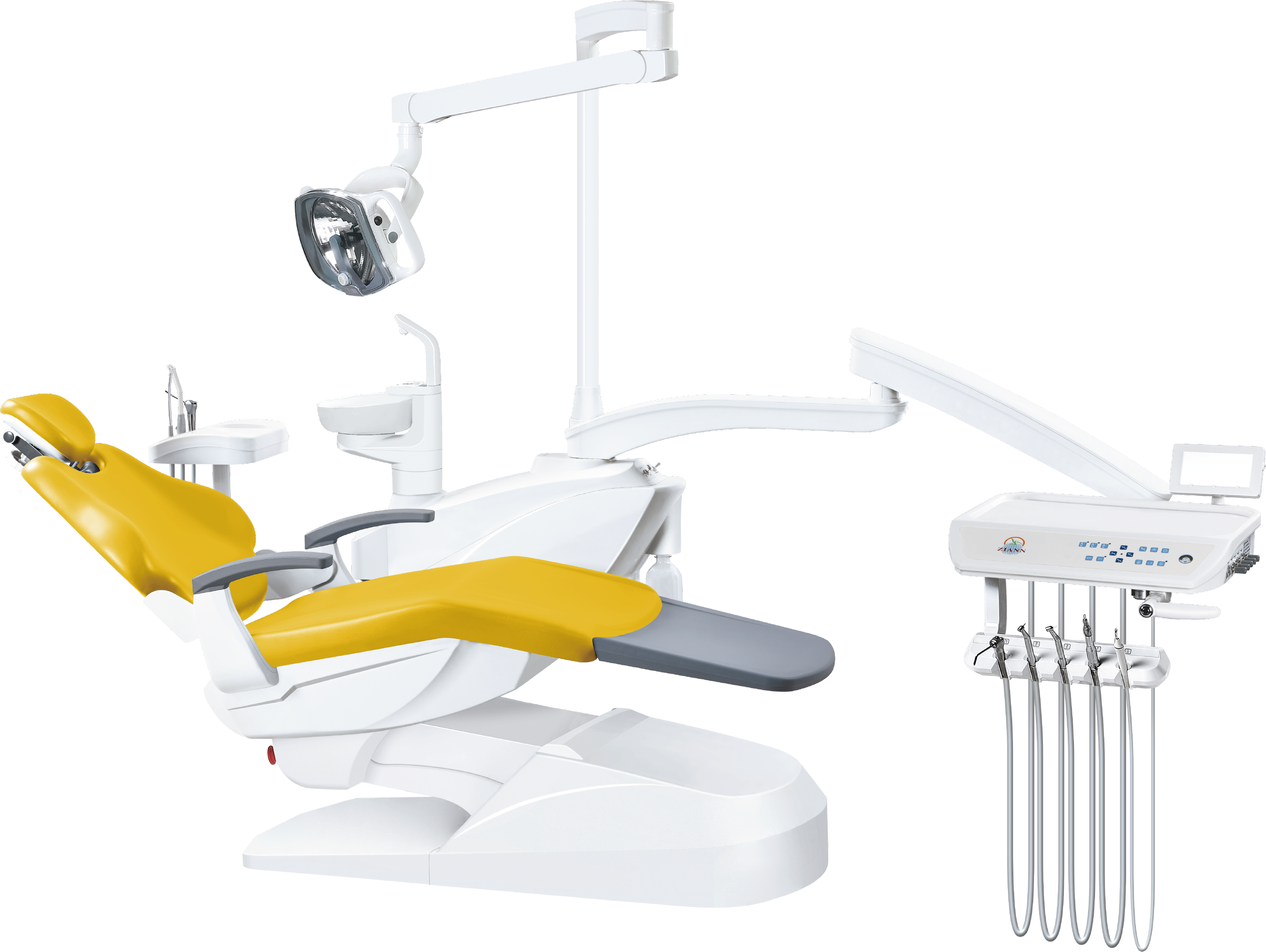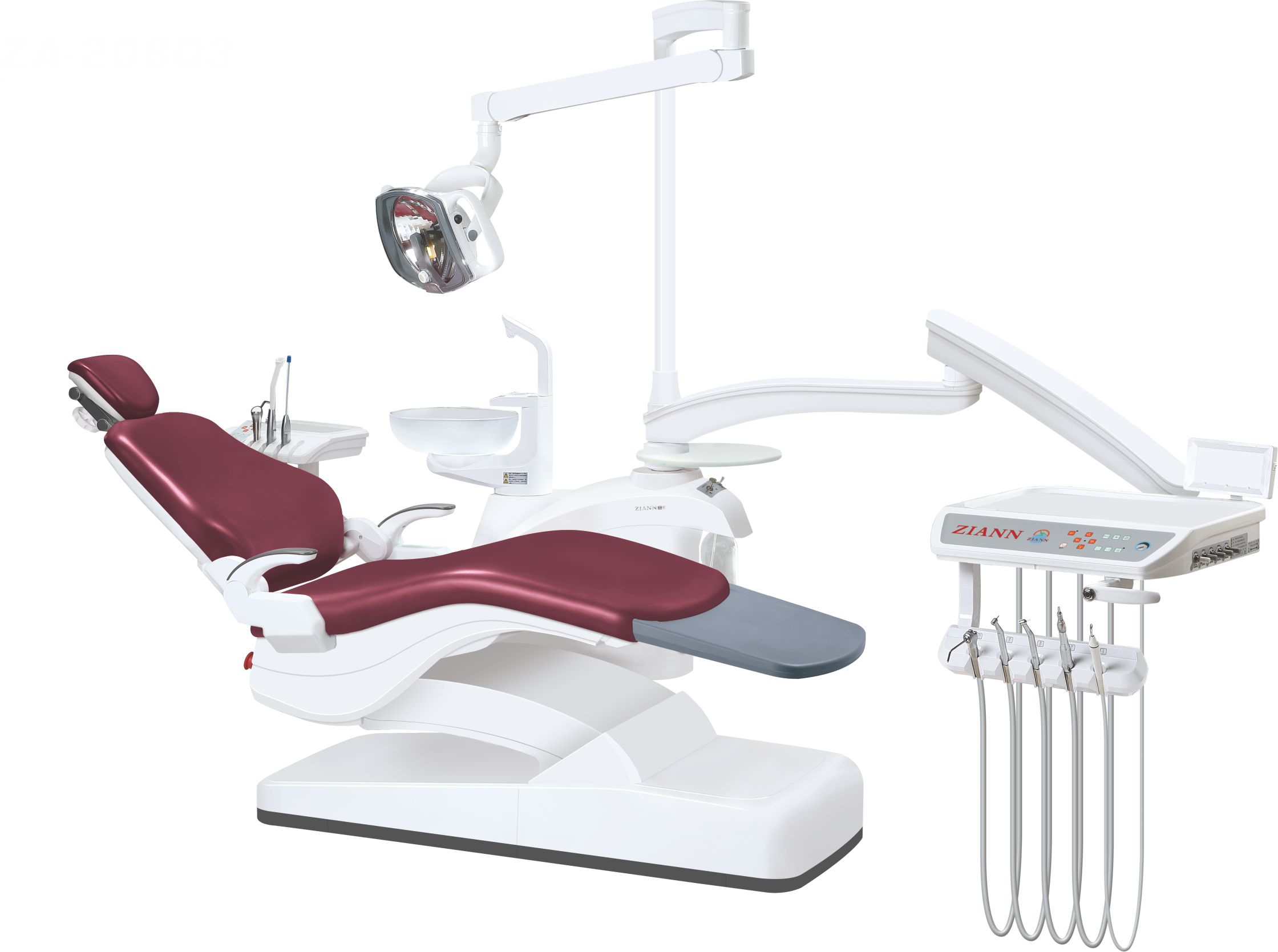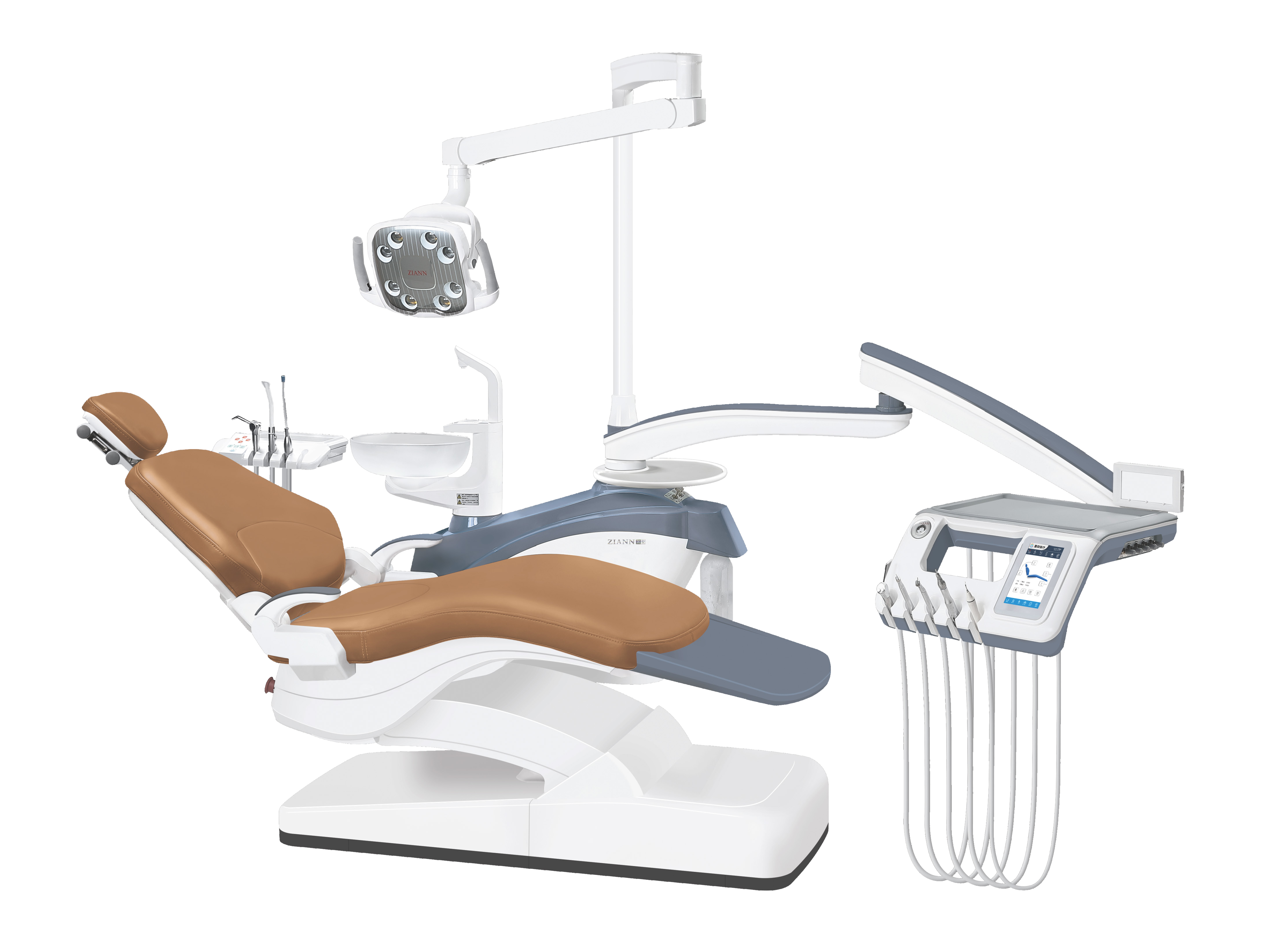When it comes to hospital-based dental care, choosing the right hospital dental unit is critical to clinical success. A well-equipped dental unit is not just about the chair—it represents the heart of every dental operation. From diagnostics to surgery, and routine cleanings to emergency care, the efficiency and reliability of your equipment will shape patient outcomes and workflow efficiency.
In this article, we’ll walk through the most important factors to consider when selecting a dental unit for hospitals, explore must-have features, and compare the best options available, including why many professionals are now sourcing from top dental unit factories in China.
Why Selecting the Right Hospital Dental Unit Matters?
Unlike private clinics, hospitals often manage a wider range of patient conditions and a higher daily volume. This means your hospital dental unit must be designed for durability, hygiene, versatility, and user-friendliness. A well-chosen dental unit boosts both patient comfort and clinician performance while minimizing downtime due to maintenance issues.
Key Features of Top Hospital Dental Units
1. Ergonomic and Patient-Centered Design
Dental professionals spend hours treating patients in confined spaces, so ergonomics matter. A dental unit should have an intuitive layout, smooth mechanical movements, and adjustable positions for both the dentist and the assistant. Comfortable headrests, programmable memory positions, and motorized foot control systems contribute to better ergonomics.
For patients, features like a soft-cushion chair, noise reduction technology, and seamless arm support create a more relaxing experience, especially important in hospital settings where patients may be undergoing multiple treatments or surgeries.
2. High-Performance Handpiece System
A reliable handpiece delivery system is the core of any top hospital dental unit. Modern units include:
● Air or electric micromotor options
● Built-in LED lighting
● Multiple programmable speeds
● Anti-retraction systems to prevent cross-contamination
Choosing a unit with integrated advanced handpieces enhances precision, especially for complex cases in hospital dentistry.
3. Integrated Hygiene and Infection Control
Hospitals operate under strict hygiene protocols. Therefore, the dental equipment features you select must include:
● Seamless, easy-to-clean surfaces
● Automatic flushing systems
● Disposable filters and waste separators
● UV sterilization chambers
● Autoclavable hoses and suction lines
Infection control features not only keep your facility compliant with regulations but also protect staff and patients from avoidable risks.
4. Digital Integration and Smart Control
Today's hospital dental units are becoming increasingly digital. Units with touchscreen interfaces, USB data transfer, and smart sensors streamline daily operations. Integration with imaging systems or electronic health records can enhance diagnosis, reduce paperwork, and allow real-time charting during procedures.
Some premium models offer remote diagnostics and software updates—features that can drastically reduce technical downtime and repair costs.
5. Modularity and Expandability
Hospitals often cater to diverse dental specialties: pediatric, endodontic, prosthodontic, or surgical. The ability to customize your unit, by adding accessories like intraoral cameras, apex locators, or ultrasonic scalers, can future-proof your investment. Modular design ensures your dental unit grows with your practice.
Comparing Local vs. Global Manufacturers
While many hospitals turn to established Western brands, others are now exploring options from global manufacturers, particularly dental unit factories in China. Over the last decade, Chinese manufacturers have significantly improved quality standards, offering CE- and FDA-certified units that rival European and North American counterparts at a fraction of the cost.
Key advantages of sourcing from reputable Chinese factories:
● Competitive pricing without compromising performance
● Quick lead times and bulk order fulfillment
● OEM/ODM customization options
● Global customer service and multilingual technical support
Some leading Chinese factories now supply to over 100 countries and are considered reliable partners for both government hospitals and private institutions.
Maintenance, Warranty, and After-Sales Support
No matter how advanced the unit is, it’s only as good as the support behind it. When evaluating manufacturers, ask about:
● Availability of spare parts
● On-site training and installation
● Warranty duration
● Remote technical support availability
Budgeting: Cost vs. Long-Term Value
Budget constraints are a real issue for many hospitals, but going for the cheapest option can backfire if the unit breaks down frequently or lacks critical features. Instead, consider the total cost of ownership—this includes:
● Initial price
● Maintenance costs
● Downtime risk
● Energy efficiency
● Upgrade potential
Sometimes, investing a little more upfront in a durable, multifunctional unit saves thousands over time.
Final Recommendations
To summarize, here’s a checklist to follow when choosing your next hospital dental unit:
● Strong ergonomic design
● Integrated infection control systems
● Reliable and powerful handpieces
● Expandability for future technology
● Digital interface and diagnostics
● Trustworthy after-sales service
● Certified quality from recognized factories
A hospital’s dental department is only as good as the tools it uses. Whether you go with a local brand or a trusted dental unit factory in China, the key is to match your hospital's clinical needs with equipment that offers long-term reliability and performance.
Ziann has been dedicated to the research and development of clinic and hospital dental units, to create a convenient, clean, and useful dental chair unit. Feel free to contact us for more dental unit details.







